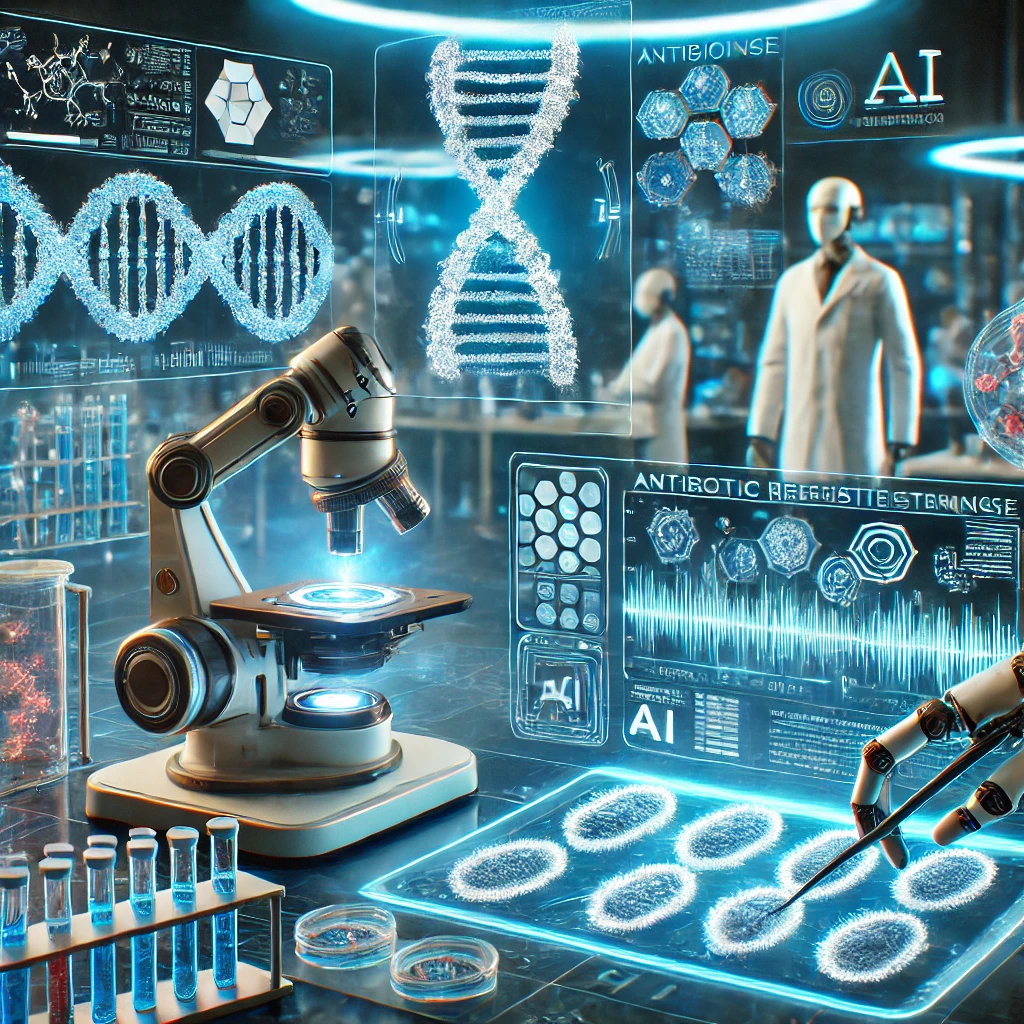Introduction
Begin by explaining the role of AI in digital marketing and how it’s revolutionizing strategies across the industry. Emphasize how AI enhances efficiency, provides insights, and optimizes campaigns by making data-driven decisions.
1. AI in Content Creation and Curation
Key Tools:
- ChatGPT (OpenAI): Widely used for generating high-quality content, blog ideas, and SEO-focused articles.
- Jasper.ai: Known for creating long-form content, Jasper helps with ad copy, blog posts, and product descriptions.
- BuzzSumo: Provides insights into trending content and helps marketers curate relevant articles to share on social media.
Example: Describe how Jasper.ai can generate engaging social media posts and articles, saving time while maintaining a brand’s tone.
2. AI for SEO Optimization
Key Tools:
- Surfer SEO: Optimizes content by analyzing top-ranking pages and suggesting keyword usage, headings, and structure.
- Clearscope: Focuses on helping writers produce SEO-optimized content based on high-ranking search terms.
- MarketMuse: Uses AI to suggest topics, keywords, and content length for high-ranking articles.
Example: Show how Surfer SEO combines data analysis and content scoring to guide content creation, helping marketers rank higher in search engines.
3. AI in Paid Advertising
Key Tools:
- Adext AI: Automatically optimizes ad performance by testing various audience segments, improving CTR and ROI.
- Albert: Manages digital campaigns across multiple platforms, optimizing in real time.
- Pattern89: Analyzes ad creatives and suggests improvements based on successful elements, ensuring high engagement rates.
Example: Highlight how Albert can autonomously manage and optimize a multi-channel ad campaign, allowing marketers to focus on strategy.
4. AI for Social Media Management
Key Tools:
- Lately: Automatically repurposes content into social media posts, analyzing engagement metrics to optimize future content.
- Sprinklr: Offers AI-driven sentiment analysis to monitor brand reputation and customer engagement.
- Cortex: Uses AI to analyze competitors’ social strategies and provides recommendations for optimal post timing and frequency.
Example: Describe how Lately can take a long-form blog post and convert it into multiple, optimized social media posts.
5. AI in Customer Service
Key Tools:
- Chatfuel: Provides an easy-to-use platform for building chatbots, automating responses, and improving customer interaction.
- Intercom: Known for its conversational marketing tools, Intercom’s AI capabilities improve customer engagement and response accuracy.
- Drift: Allows businesses to build chatbots that qualify leads, schedule meetings, and answer customer queries instantly.
Example: Explain how Drift uses AI to qualify leads and route high-potential leads to human agents, improving conversion rates.
6. AI in Data Analytics and Insights
Key Tools:
- Google Analytics 4 with AI insights: Uses machine learning to identify trends and predict user behavior.
- Mixpanel: Offers in-depth analytics for user engagement and retention, making it ideal for data-driven marketing.
- HubSpot’s AI-powered CRM: Automates customer segmentation, lead scoring, and predictive analytics.
Example: Describe how Google Analytics 4’s AI insights predict churn rates, allowing marketers to adjust strategies proactively.
7. AI for Email Marketing
Key Tools:
- Mailchimp with AI: Uses predictive analytics to determine the best time to send emails and segment lists.
- Optimail: Personalizes emails based on behavioral triggers, improving open and click rates.
- Seventh Sense: Focuses on optimizing email timing and frequency for each recipient.
Example: Show how Seventh Sense helps marketers optimize send times, leading to higher engagement and reducing unsubscribes.
Conclusion
Summarize the benefits of adopting AI in digital marketing, such as saving time, enhancing personalization, and improving ROI. Encourage businesses to explore these AI tools, tailored to their specific marketing needs, to stay competitive.





